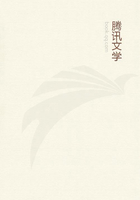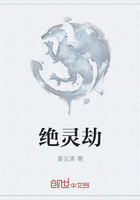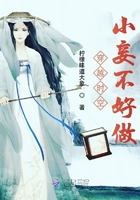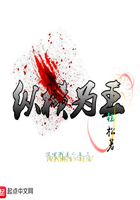But when a savage names himself after an animal, calls it his brother, and refuses to kill it, the animal is said to be his totem. Accordingly in the tribes of South-Eastern Australia which we have been considering the bat and the owl, the emu-wren and the superb warbler, may properly be described as totems of the sexes. But the assignation of a totem to a sex is comparatively rare, and has hitherto been discovered nowhere but in Australia. Far more commonly the totem is appropriated not to a sex, but to a clan, and is hereditary either in the male or female line. The relation of an individual to the clan totem does not differ in kind from his relation to the sex totem; he will not kill it, he speaks of it as his brother, and he calls himself by its name. Now if the relations are similar, the explanation which holds good of the one ought equally to hold good of the other. Therefore, the reason why a clan revere a particular species of animals or plants (for the clan totem may be a plant) and call themselves after it, would seem to be a belief that the life of each individual of the clan is bound up with some one animal or plant of the species, and that his or her death would be the consequence of killing that particular animal, or destroying that particular plant. This explanation of totemism squares very well with Sir George Grey's definition of a totem or kobong in Western Australia. He says: A certain mysterious connexion exists between a family and its kobong, so that a member of the family will never kill an animal of the species to which his kobong belongs, should he find it asleep; indeed he always kills it reluctantly, and never without affording it a chance to escape. This arises from the family belief that some one individual of the species is their nearest friend, to kill whom would be a great crime, and to be carefully avoided. Similarly, a native who has a vegetable for his kobong may not gather it under certain circumstances, and at a particular period of the year. Here it will be observed that though each man spares all the animals or plants of the species, they are not all equally precious to him; far from it, out of the whole species there is only one which is specially dear to him; but as he does not know which the dear one is, he is obliged to spare them all from fear of injuring the one. Again, this explanation of the clan totem harmonises with the supposed effect of killing one of the totem species. One day one of the blacks killed a crow. Three or four days afterwards a Boortwa (crow) [i.e. a man of the Crow clan] named Larry died. He had been ailing for some days, but the killing of his wingong [totem] hastened his death. Here the killing of the crow caused the death of a man of the Crow clan, exactly as, in the case of the sex-totems, the killing of a bat causes the death of a Bat-man or the killing of an owl causes the death of an Owl-woman. Similarly, the killing of his nagual causes the death of a Central American Indian, the killing of his bush soul causes the death of a Calabar negro, the killing of his tamaniu causes the death of a Banks Islander, and the killing of the animal in which his life is stowed away causes the death of the giant or warlock in the fairy tale.
Thus it appears that the story of The giant who had no heart in his body may perhaps furnish the key to the relation which is supposed to subsist between a man and his totem. The totem, on this theory, is simply the receptacle in which a man keeps his life, as Punchkin kept his life in a parrot, and Bidasari kept her soul in a golden fish. It is no valid objection to this view that when a savage has both a sex totem and a clan totem his life must be bound up with two different animals, the death of either of which would entail his own. If a man has more vital places than one in his body, why, the savage may think, should he not have more vital places than one outside it? Why, since he can put his life outside himself, should he not transfer one portion of it to one animal and another to another? The divisibility of life, or, to put it otherwise, the plurality of souls, is an idea suggested by many familiar facts, and has commended itself to philosophers like Plato, as well as to savages. It is only when the notion of a soul, from being a quasi-scientific hypothesis, becomes a theological dogma that its unity and indivisibility are insisted upon as essential. The savage, unshackled by dogma, is free to explain the facts of life by the assumption of as many souls as he thinks necessary. Hence, for example, the Caribs supposed that there was one soul in the head, another in the heart, and other souls at all the places where an artery is felt pulsating. Some of the Hidatsa Indians explain the phenomena of gradual death, when the extremities appear dead first, by supposing that man has four souls, and that they quit the body, not simultaneously, but one after the other, dissolution being only complete when all four have departed. Some of the Dyaks of Borneo and the Malays of the Peninsula believe that every man has seven souls. The Alfoors of Poso in Celebes are of opinion that he has three. The natives of Laos suppose that the body is the seat of thirty spirits, which reside in the hands, the feet, the mouth, the eyes, and so on. Hence, from the primitive point of view, it is perfectly possible that a savage should have one soul in his sex totem and another in his clan totem. However, as I have observed, sex totems have been found nowhere but in Australia; so that as a rule the savage who practises totemism need not have more than one soul out of his body at a time.

